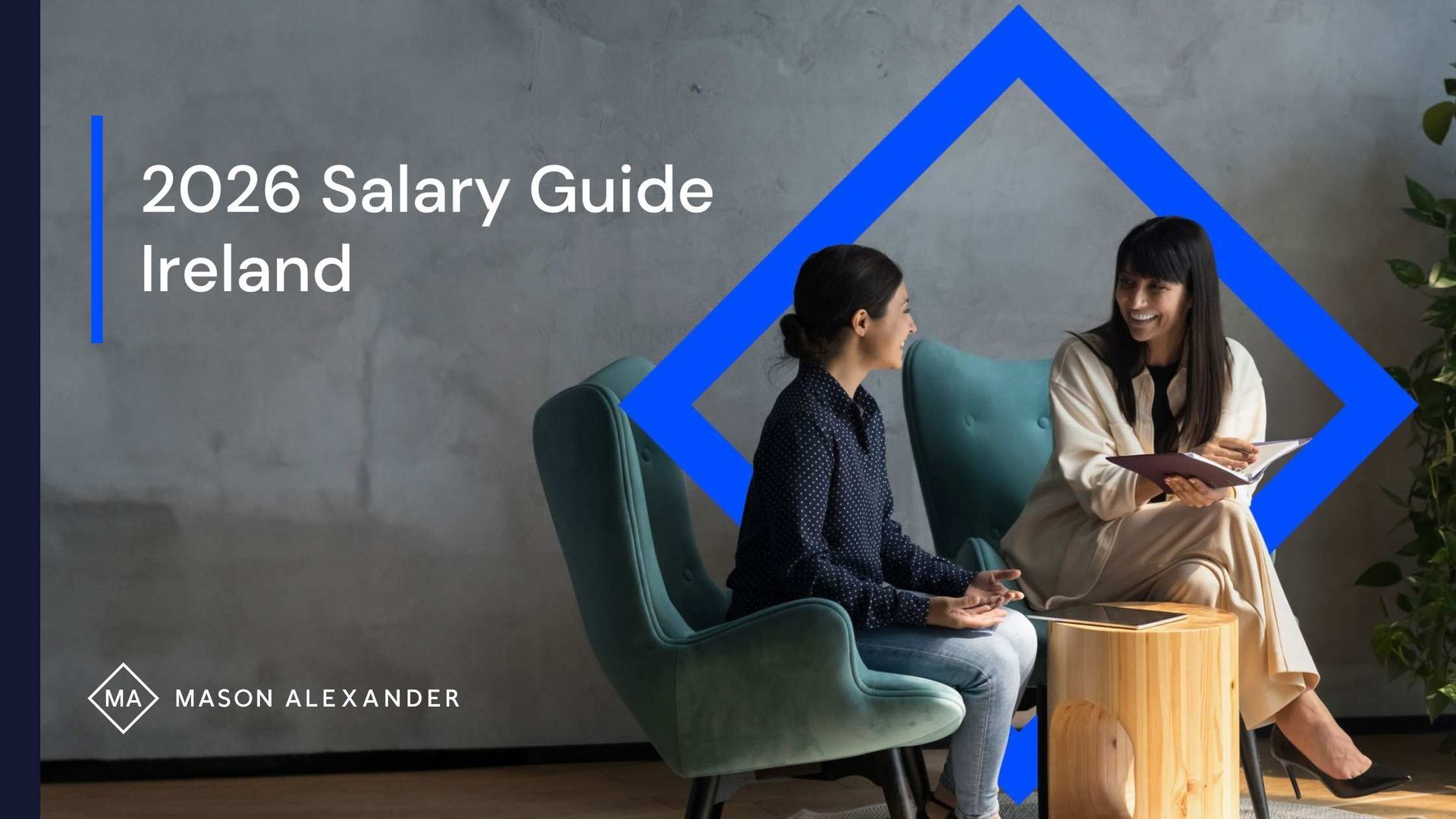As the global consumer base becomes increasingly diverse, organisations that promote and embrace diversity will enjoy greater overall success.
Globalisation means more people can expect to see themselves represented and catered to by those they do business with. In less than a decade, populations across East and Southeast Asia, India, Africa, the Middle East, and Latin American have seen a significant increase in their access to the global marketplace. This access has changed the image of what was once the traditional western consumer, to now a myriad of cultures from across the developing world, who have greater access to financial resources as well as education and communication. Furthermore, as those of different genders, ethnicities, sexualities, and other identities, gain rights throughout the world, it is a promising sign of progress that they, too, are more able to participate in the world of business. People who would have been previously excluded from participation, by virtue of where they lived or who they are, are now able to exercise their creativity and talent to work their way towards greater prosperity and opportunity.
Business leaders should realise, that now more than ever, it is essential to acknowledge these changing trends. Notably, those that hold on to traditional values and are stagnant in old business relationships will likely be left behind; growing increasingly irrelevant and unprofitable in the wake of those who are committed to implementing these changes in social values to the way they conduct business.
Diversity is at the forefront of changing social values. With greater economic power on the part of previously marginalised people, this should be enough motivation for companies to prioritise diversity to remain competitive. This, in addition to the near-universally, acknowledged the ethics of such a commitment, makes it clear that prioritising diversity is essential to improving your bottom line.
Participation is key
Making sure you’re not limiting participation means you are opening up your organisation to a much broader talent base. For example, you should ask yourself, ‘What if the person with the ability to discover the cure for cancer was born without sufficient access to education and never got the opportunity to fulfil their potential?”
By opening your talent base to a broader group of people, you and the talent both benefit. The organisation benefits from a more talented workforce and the people who deserve an opportunity to benefit from being granted one. As a result, your organisation is also able to make better, more informed decisions with the additional input of a greater range of perspectives, informed by more diverse life experiences. Consider for example marketing: employees who represent society at large are more capable of understanding what the majority of people want to see, and can, in turn, do a better job of expressing that in marketing campaigns and other communication.
The economic benefits of diversity are supported by some impressive statistics. In an article published in the Harvard Business Review, the author discusses that two-dimensional diversity, which they define as “at least three inherent and three acquired diversity traits,” has a significant and measurable positive effect on the success of businesses. “By correlating diversity in leadership with market outcomes as reported by respondents, we learned that companies with 2-D diversity out-innovate and out-perform others,” they write. “Employees at these companies are 45% more likely to report that their firm’s market share grew over the previous year and 70% more likely to report that the firm captured a new market.” In light of this study (and many others reflecting similar outcomes), it is hard to deny that a work environment and leadership team that values diverse perspectives and experiences is essential to success.
Don’t make apologies. Be BOLD
Companies that are bold and unapologetic think differently as they are prepared to take risks, and willingly challenge the status quo. For example, Marriott International was rated number six on the list of Best Workplaces for Diversity, and number seven on the lists of Best Workplaces for African Americans and Best Workplaces for Latinos. Reflecting Marriott’s commitment to diversity, and willingness to challenge the status quo in order to further this commitment, the company’s CEO published an open letter to President Trump urging him to “minimise divisiveness around [the areas of sexual orientation or identity, gender, race, religion, disability, and ethnicity] by letting people live their lives and by ensuring that they are treated equally in the public square.”1
In light of President Trump’s power and influence, both in the political and business spheres, this is a bold and risk-taking move and one that places Marriott’s commitment to their employees far above carrying favour with those in power.
Be Resilient. Be Flexible.
Resilient and flexible organisations embrace differences, taking into account the needs and feedback of their employees to continuously grow. This willingness to grow and change creates a work environment that does not just exploit employee talent, but rather, becomes an environment of support and mutual respect, with employees motivated to do their best.
Seeing that the opportunity is there and that their unique talents are valued, employees are then more motivated by a desire to create great, innovative work. Those who are mentored and encouraged are also more likely to mentor and inspire others, leading to a long-term and positive chain reaction. In addition, a cognitively flexible workplace – dependent on having flexible leadership – involves “encouraging employees to take a new view on processes, as well as how we view leading, persuading, trusting and certainly communicating with others,” as Rawn Shah writes in his Forbes article, “How To Be The Cognitively Flexible Leader.” The results is a business that can adapt to the complex demands of an ever-shifting, globalising economy; its culture of flexibility allows it to undergo a radical adaptive transformation. Like Richard Branson, puts it: “Whenever I meet an employee who just joined a Virgin company, I encourage that person to start thinking about how he would do things different, and I urge his manager to put those fresh ideas into practice.”2
Innovate!
Those companies that are making advances in diversity are also shown to be the most innovative. Forbes Insights conducted a survey of high-level executives from around the world, and found that “diversity is a key driver of innovation and is a critical component of being successful on a global scale.”3
Many executives agree that global success depends on diversity. As Forbes Insights writes, “Among companies with more than $10 billion in annual revenues, 56% strongly agreed that diversity helps drive innovation.”4 Furthermore, many leading companies, including AT&T, Mattel, and Intel, have established inclusion-focused groups among their employees. These groups are a vital source of information about what products are desirable in a given place or among a particular demographic and are also crucial to cultural sensitivity. A diverse workplace is, therefore, a critical factor in expanding a company’s market share. Clearly, the organisations currently leading the way are those that are committed to diversity and are able to implement it successfully. As you will have noted in my previous articles: implementation is paramount to ensuring any kind of success.
Recognise Unconscious Bias
To make diversity part of your organisation’s core values, it needs to be hardwired into your systems, to counteract any tendencies towards unconscious bias continuously. It should be a part of every agenda. When making such a commitment, company leadership should seek accountability within its workforce by reminding everyone that they have made such an undertaking. They should be open to honest and constructive criticism and suggestions. Accordingly, rather than defensiveness, employee suggestions should be met with gratitude and respect.
One of the most prevalent biases and one that might be the most challenging to address is unconscious bias. Google, for instance, had its employees undergo unconscious bias training, which involved helping them to understand how they are likely to possess such bias, and then offered concrete strategies for unlearning, questioning, and avoiding exercising this bias. Making unconscious bias training mandatory can make a massive difference to your overall culture.
The tone of an organisation’s leadership is essential for establishing an overall value and ethical climate.5 A company’s leadership team must be fully committed to diversity – it cannot be a passing thought or just something that is done to check a box in a corporate strategy. Setting the tone starts with the board of directors, meaning they must appoint a CEO who has demonstrated a track record of integrity, moral judgment, and strength of character. The CEO must show a commitment to diversity on a consistent basis and through a variety of communicative avenues, representing the company’s values for its employees by clarifying what actions will be rewarded or not. The identity and demonstrated values of a leadership team are critical, because they make executive decisions related to which training sessions (i.e. diversity training, cultural sensitivity training) are mandatory, and the key decisions surrounding the company’s code of conduct. As the leadership must receive employees’ ethical concerns, these positions should be filled by those who value a culture of speaking up.
For companies that seek to achieve greater, or even continuing success, I think that there is a strong business case for making such a commitment. In light of the many ethical and financial imperatives to do so, taking action to increase diversity should be among the top priorities of all of today’s leaders and organisations.



